Presentation Options
Steve always tailors his presentations to provide maximum value to his audiences. His sessions range in duration from a one-hour keynote to two-day workshops. Listed below are options from which Steve would tailor his session.
Cracking the Corporate Culture Code
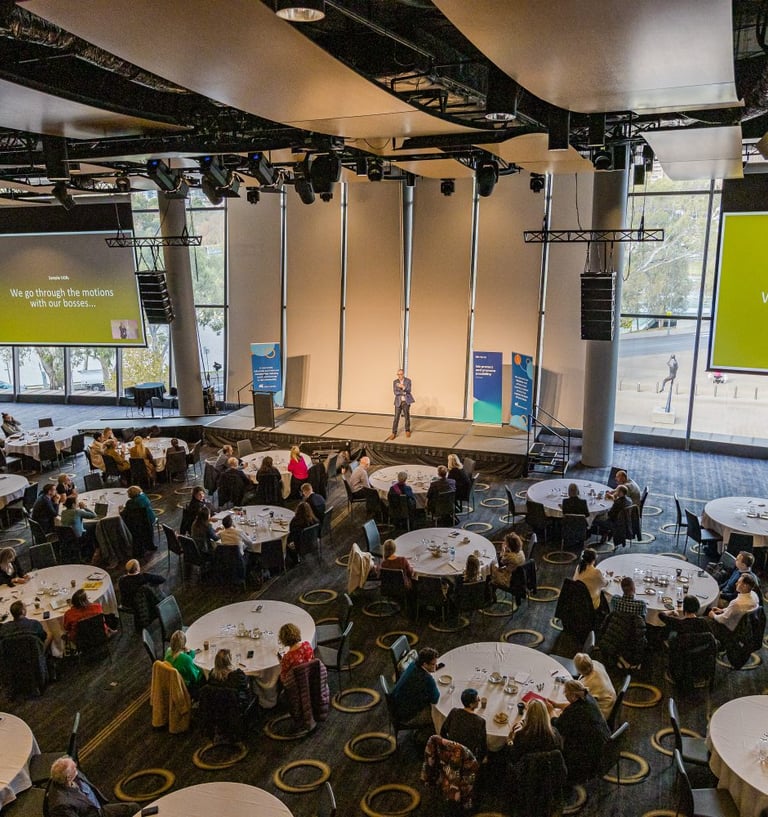

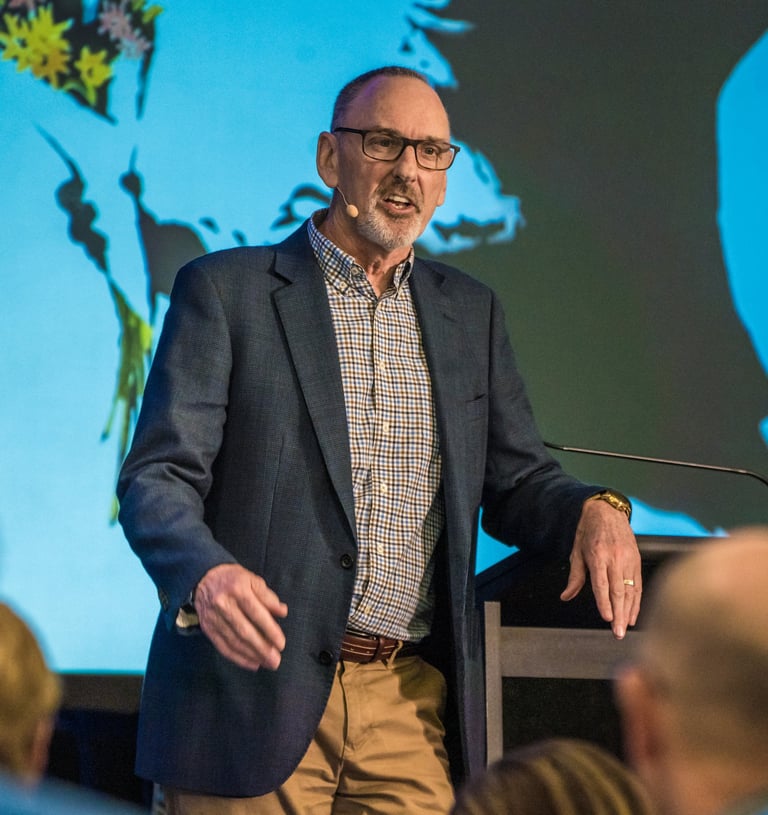

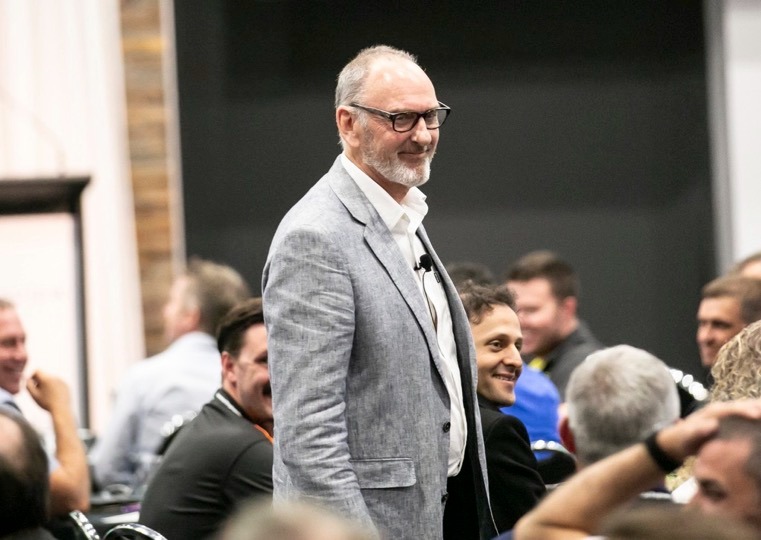

Unwritten ground rules or ‘UGRs’ are people's perceptions of this is the way we do things around here. Examples of UGRs include:
At our meetings it isn't worth complaining as we know nothing will get done
The only time anyone had spoken to by the boss is when something is wrong
We go through the motions with our bosses, once they've gone we do what we want
The incredible thing about UGRs is that they drive people's behaviour yet they are seldom talked about openly.
It's the UGRs in an organisation that constitute its culture.
Created by Steve Simpson, the UGRs concept has been developed to a point where organisations can use UGRs as a powerful tool for culture change.
In this presentation, Steve shares world-first research into UGRs, shows how UGRs drive people’s behaviours, how they are created, and most importantly, what can be done to shift counter-productive UGRs to create a culture in sync with the organisation’s strategic direction
Unwritten, Unspoken, Unmissable: The Role of UGRs in Creating Psychologically Safe Workplaces
Workplace culture isn't defined by what’s written in policies—it’s shaped by the unwritten ground rules (UGRs) that guide everyday behaviour.
These invisible norms can either foster a sense of psychological safety or quietly undermine it. Remarkably, in the legislative and compliance literature on psychosocial safety, culture is largely ignored. It shouldn't be.
In this session, Steve Simpson will unpack the hidden power of UGRs, revealing how they influence trust, communication, and employee well-being.
Through practical insights and real-world examples, attendees will learn how to identify, address, and shift UGRs to build a culture where people feel safe to speak up, contribute, and thrive.
In the Driver's Seat - Leading Culture Change
There is a school of thought that the single most important responsibility of leaders in an organisation is to create the right culture.
This presentation explores the role of leaders in creating and sustaining a great culture. It begins by Steve showing startling results gained from his research across a range of organisations into improvements that would be realised by improving the culture.
After introducing his concept of unwritten ground rules (UGRs) Steve shows how to unearth the prevailing UGRs linked to those aspects of the culture most critical to the organisation’s future success.
Most importantly Steve shares with leaders specific actions they can take to shift the culture (and UGRs) to drive the organisation’s strategic direction.
Steve draws on his practical experiences with clients including McLaren Automotive in the UK, Kmart Australia and NZ, and Toyota Australia.

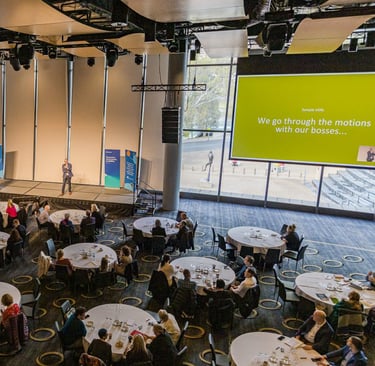
Creating a Culture of Service
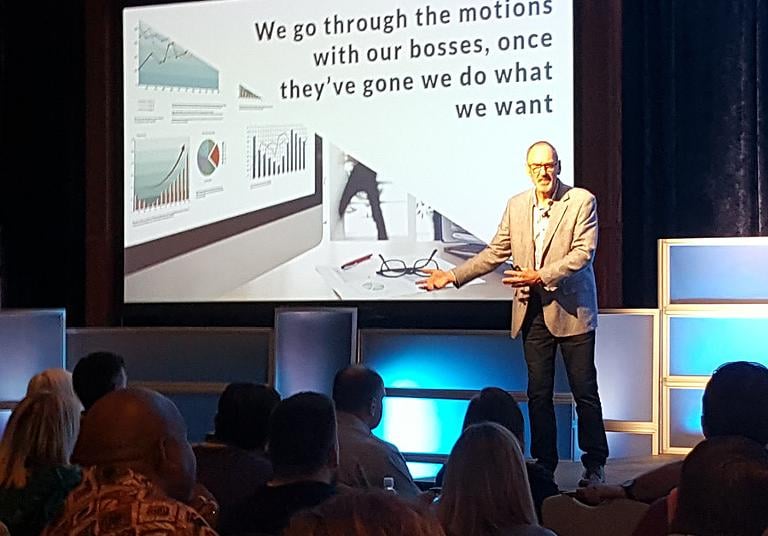

So many companies promise to deliver great service but fail to do this.
This presentation by Steve Simpson can change all that.
Steve provides insights into the impact of less-than-ordinary service and how this impacts the bottom line.
Steve then shows how culture drives service and how to identify the prevailing UGRs (unwritten ground rules) that impact service.
Finally, Steve provides insights into what leaders can do to shift less-then-productive UGRs that impact on service, to get to a point where the organisation can differentiate itself based on outstanding customer service.
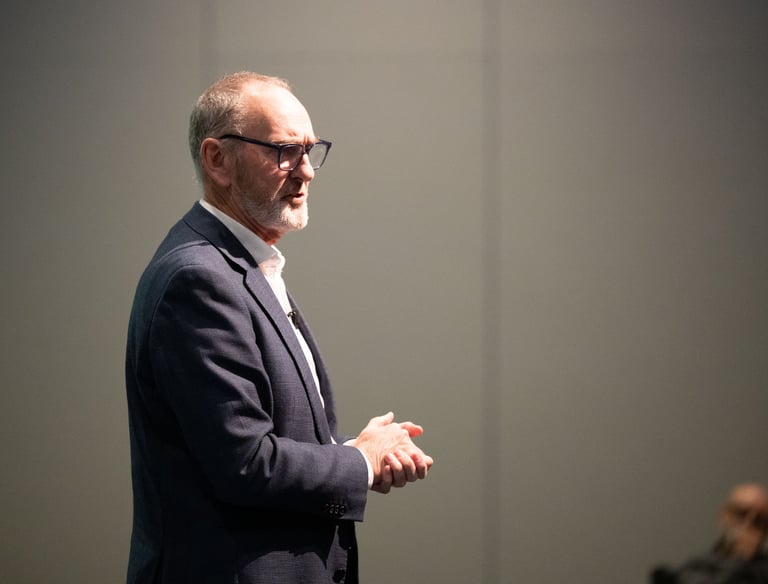

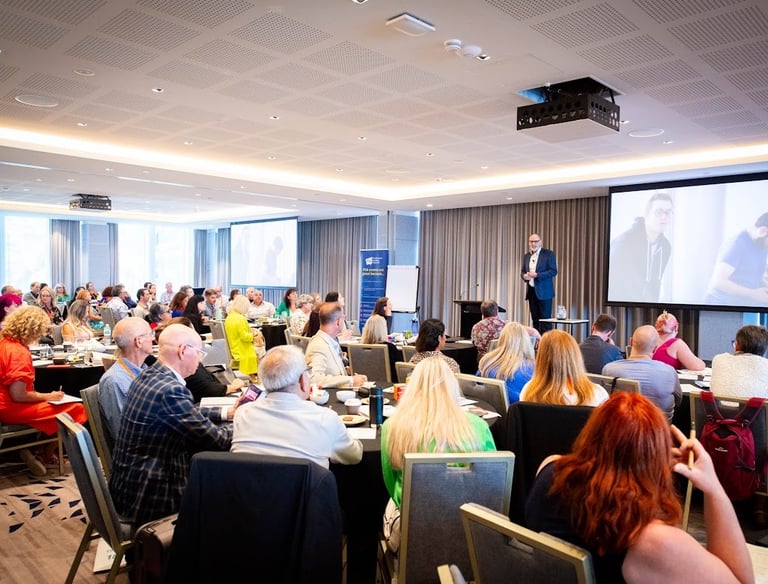

Creating a Safety Culture
One of the problems in industries where safety is an issue relates to sustaining people’s focus on being safe.
In this presentation by Steve, he shows how despite the best intended safety training initiatives, the culture of the company counts most. Unless the culture is right, safety is compromised.
If you want a completely new angle on safety, and practical tips on what can be done to garner ownership and lock-in a safety culture, then this is a presentation you need to hear.
The concept of unwritten ground rule (UGRs) has enormous application in organisations where safety is an issue – yet remarkably has been focused on by very few organisations.
How many of us have heard someone say something like “hold your breath for long enough and the moves for change will fade away"? People verbalising this are actually articulating an unwritten ground rule (UGR) associated with change.
In essence, what people are saying here is that there have been attempts in the past to implement change, but little eventuated. So people's recollection of events from the past creates UGRs that lock-in, and will make change more difficult into the future.
It's in this context that Steve creates a new angle on change management in his presentation. Often people pay lip service to the idea that the culture must be right for change to occur. They pay lip service to this because they are unsure about how to change the prevailing culture.
That's where Steve helps create clarity. He introduce the UGRs concept, shows how UGRs prevent change, and gives practical guidance on what leaders can do shift the UGRs, and the culture to be more receptive to change.
This angle is guaranteed to be new and different!
